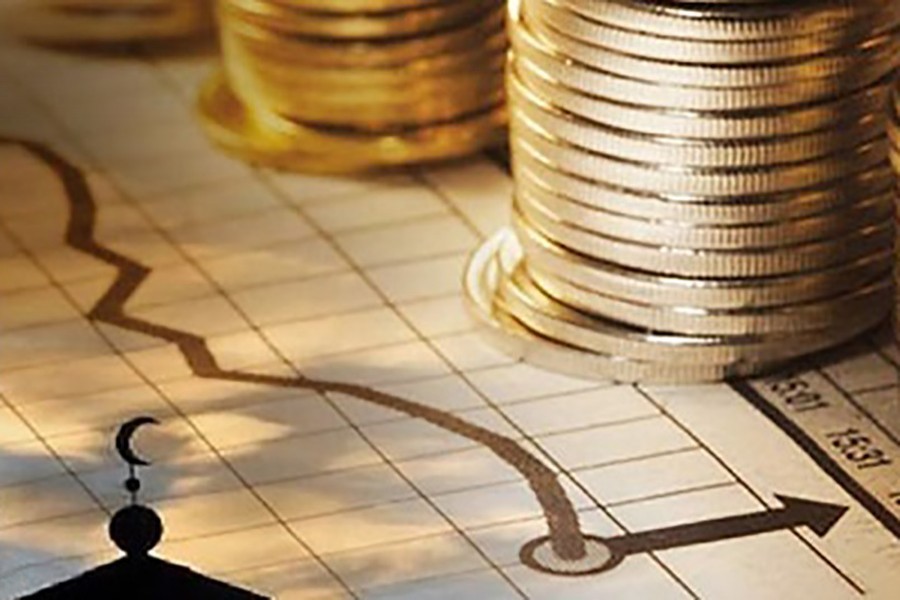Different government ministries and agencies are growingly becoming reluctant to take 'costly' loans from the Islamic Development Bank (IDB).
The Jeddah-based multilateral lender has been one of the largest international development partners of Bangladesh for years.
But lured by lower interest rates and easy access to loans from other donors, local agencies are shying away from IDB funds that involve lengthy and cumbersome procedures.
The IDB recently sought project proposals from the government so that it can chalk up its next country programme for 2019.

Accordingly, the Economic Relations Division (ERD) has written to some ministries and agencies for proposals for schemes that the IDB can potentially fund.
Talking to the FE last week, ERD officials, however, said they are yet to get any response from any of those ministries or agencies.
"We've already sent letters to a number of government agencies and are now awaiting their response," said ERD Additional Secretary Shamsul Alam.
The IDB is willing to provide around $350 million next year as part of its three-year rolling out programme.
It is mainly interested in financing areas like power, transport, infrastructure, health, education and ICT sectors, insiders said.
On November 15, the ERD wrote to Bridges Division, Roads and Highways Division, Road Transport and Highways Division, Ministry of Health and Family Welfare and Power Division.
Post and Telecommunications Division, ICT Division, Secondary and Higher Education Division, Technical and Madrasa Education Division also got letters.
Interestingly, more than three weeks have elapsed since the dispatch of the letters, but not a single ministry or division has responded until last week.
"The IDB is all but ready to finance, but government agencies are shying away," said an ERD official.
"We've already sent those agencies a reminder but we are getting no response yet," he told the FE.
Insiders, however, blamed such reluctance on the relatively higher cost of IDB loans and their cumbersome disbursement procedures.
"The mark-up of IDB loan is usually LIBOR plus 1.55 per cent," said an official of one of the ministries concerned who prefers not to be named.
The rate is substantially higher than what is currently offered by other major development partners, he added.
"The government's current strategy is not to take costly financing in non-revenue generating sectors," the official observed.
"Major development partners like JICA or World Bank are able to offer large amounts of financing at lower costs," he said.
What is notable is that the LIBOR rate, which is widely used in calculating the IDB mark-up, is also on the rise globally for some time now.
Insiders also observed that government agencies are now more interested in taking loans from emerging partners like China for easy accessibility.
"Meanwhile, the procurement process and implementation modality of the IDB is also quite time-consuming and cumbersome," said an insider.
"That's why, many implementing agencies are now shying away from the taking IDB loans," he added.
IDB officials in Dhaka could not be reached for comment.
However, sources familiar with the IDB operations here observed that with the recent establishment of its regional hub in Dhaka, it is likely to get the much-needed impetus.
Started its journey back in 1975, the IDB currently has a total of 57 members.
Bangladesh is traditionally one of the biggest recipients of IDB financing.
Back in 2017, the country received $900.6 million from the IDB, making it the fourth-highest recipient of IDB loan that year.


